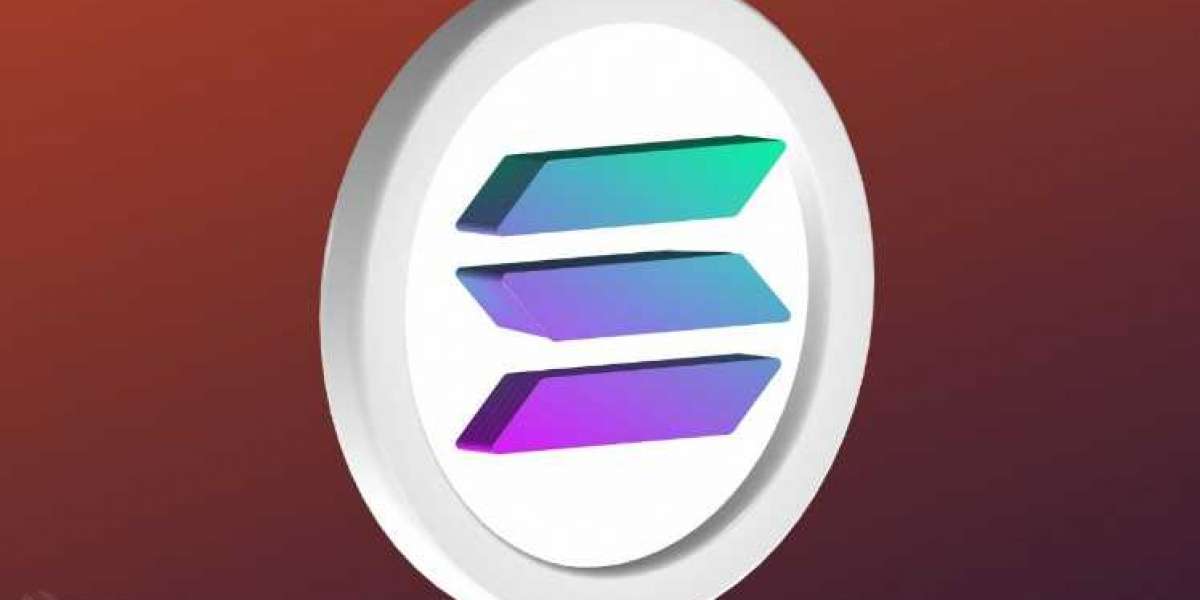Tether has banned $31.4 Million USDT in response to the alleged hack of FTX.
Tether took preventative action after it was confirmed by FTX on Telegram that a hack had occurred on the cryptocurrency exchange. The company blacklisted up to $31.4 million worth of USDT that was connected to the transfers. According to information provided by ZachXBT, a blockchain investigator, the USDT tokens that have been blacklisted have a value that is equivalent to $3.9 million on Avalanche and $27.5 million on Solana.
Comments from Musk Concerning the Situation
Elon Musk, a billionaire and the most recent owner to acquire Twitter, has also weighed in on the controversy. He acknowledged in a tweet that Twitter is recording the entire progression of the FTX Collapse as it is happening in real time. Tether prevented the alleged exploiters from moving the assets to another account by blacklisting the USDT tokens that were exploited. This action was taken to prevent the exploiters from becoming more powerful. They were not even able to trade the respective tokens in for other cryptocurrencies or digital assets.
Founder of Ethereum Develops an Innovative Solution to Stop Theft of NFTs
It is up to Tether, if the platform intends, then it can burn the blacklisted tokens and also reissue equivalent assets to the person who originally owned them. This is something that is included in the remediation. However, in addition to that, the hacker made off with a number of other crypto tokens, including USDP, Chainlink, and Ethereum. In order to put a stop to the exploitation of these ecosystems, it is imperative that the relevant ecosystems take action in this matter.
Cryptocurrency Exchanges Guarantee the Sharing of Proof-of-Reserves in Order to Win Customers' Trust
In the past few days, prominent cryptocurrency exchange venues like Crypto.com, OKX, Kucoin, and Binance have demonstrated a determination to share proof-of-reserves in order to regain the confidence of their investors. Paolo Ardoino, the Chief Technology Officer of Bitfinex, played a pivotal role in this scenario by disclosing up to 135 hot and cold wallet addresses, thereby exposing the company's proof-of-reserves.
He further explained that in the past, the platform had also developed an open-source library. He mentioned that they have a strategy to get a revival with a method for the customers to cryptographically validate their balances while maintaining their privacy. This method is included in the strategy. Even though the move was well received on the part of the investors, several members of the community brought to light an error in the liability figures provided by Bitfinex, which meant that the data provided was not suitable for review.




Alphonsus Odumu 5 w
Tether